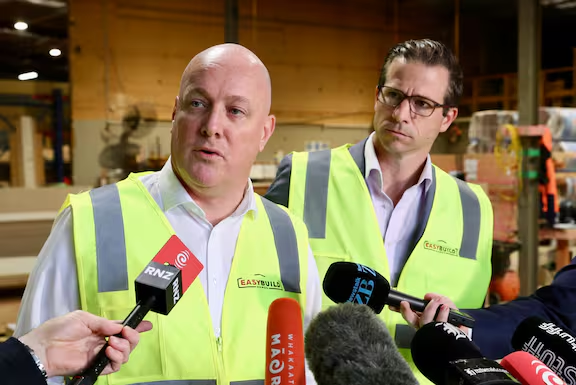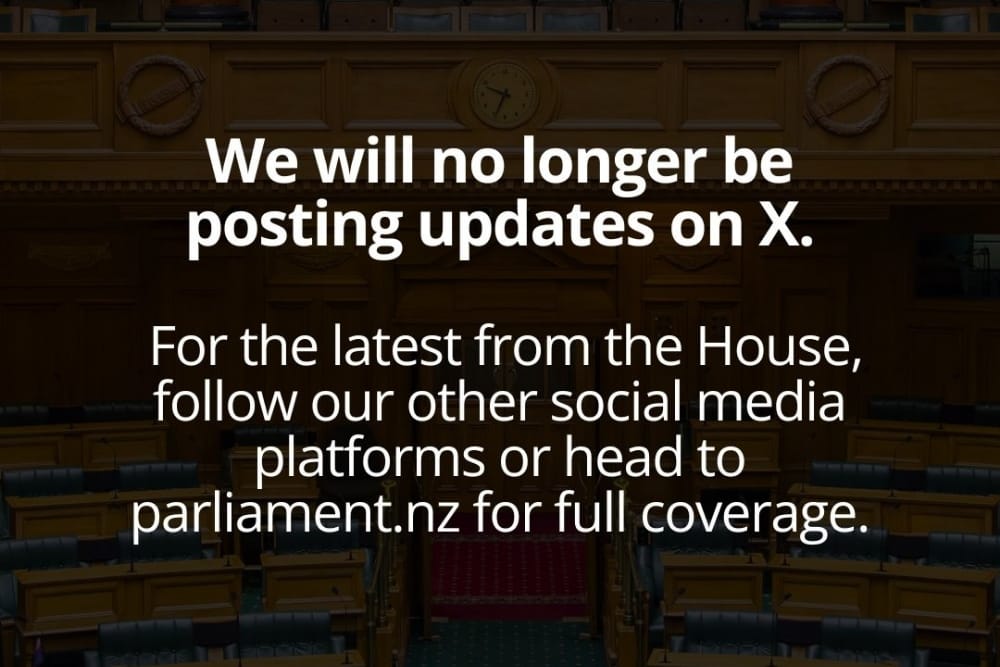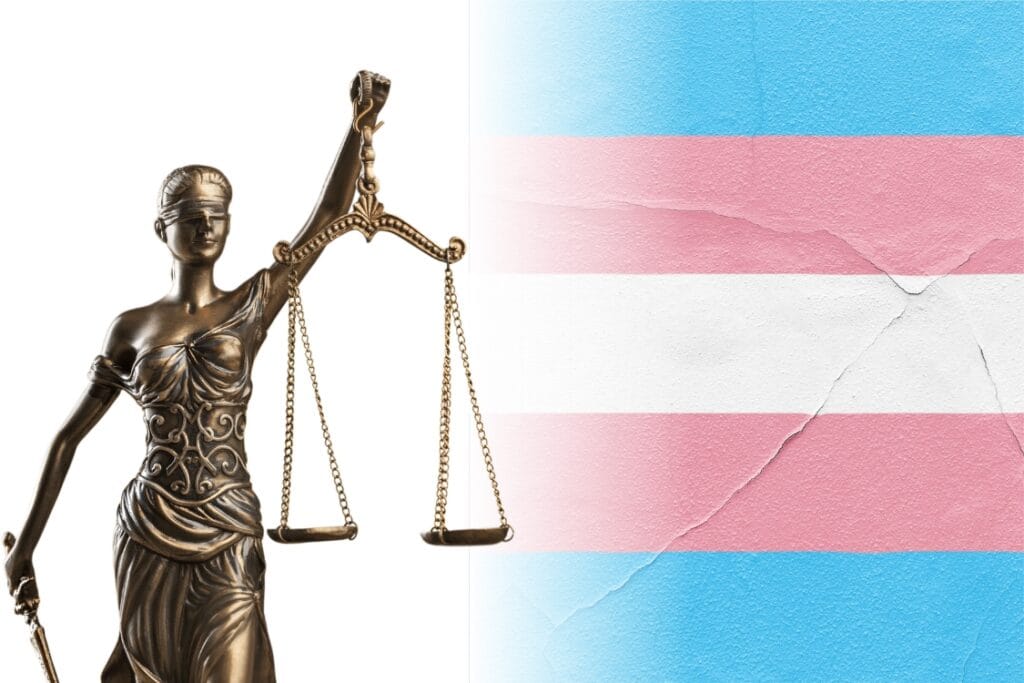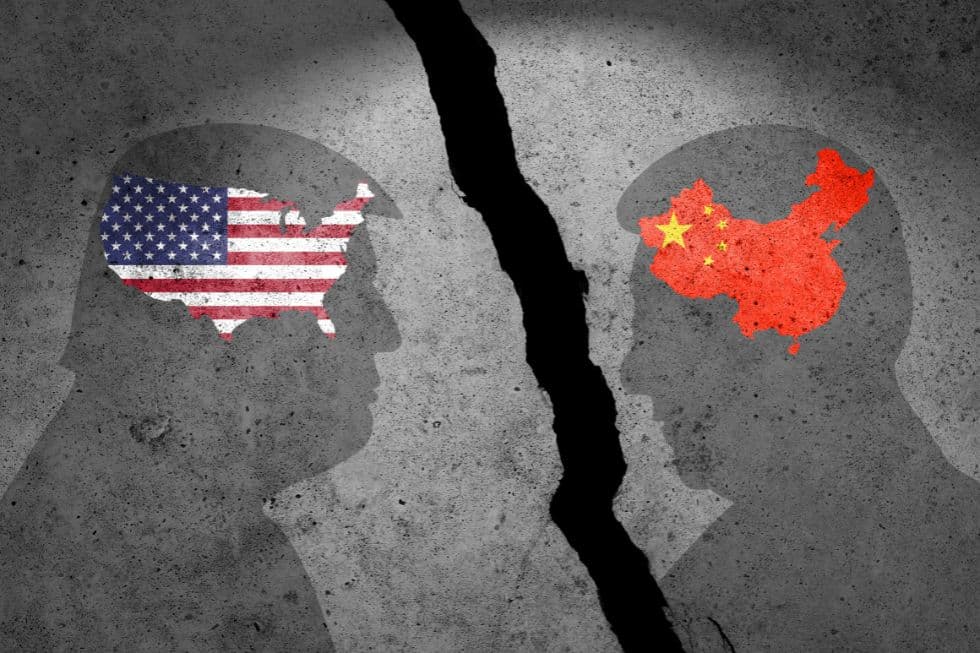by Mike Bain, The Daily Examiner.
Prime Minister Christopher Luxon says New Zealand is “relatively well positioned” to weather Donald Trump’s new sweeping global tariffs, because it’s been hit with the “baseline tariff” by the US whereas other countries had received “much higher”.
Speaking to reporters on Thursday Luxon said he doesn’t believe “tariffs and trade wars” are the way forward for the world, and warned about the impact to the global economy.
He said New Zealand would not respond with reciprocal tariffs, because “we are a low tariff country and have benefited from that”.
“What we wouldn’t want to do is raise prices here in New Zealand and add to inflation here in New Zealand by doing that, which is exactly what would happen.”
While the tariffs imposed by President Trump are largely seen as a challenge for New Zealand exporters, there could be some indirect benefits in specific scenarios.
For instance, if the tariffs make products from other countries more expensive in the U.S. market, New Zealand exporters might find opportunities to fill gaps, especially in niche, high-value sectors like premium dairy, wine, or specialty meats.
Additionally, the situation could encourage Kiwi businesses to diversify their export markets, potentially leading to stronger trade relationships with other countries.
That said, these benefits are speculative and would depend on how global trade dynamics shift in response to the tariffs. It’s a complex situation with both risks and potential opportunities.
Reaction was mixed as Trump announced a 10% baseline tariff on all imported goods.
This move is expected to impact Kiwi exporters heavily, as the United States is one of New Zealand’s largest trading partners, with exports totaling $14.6 billion in the past year.
Economists and trade experts in New Zealand have warned that these tariffs could lead to increased costs for exporters and potentially weaken the country’s economic growth.
The agricultural sector, in particular, is bracing for challenges, as the U.S. is a key market for high-quality New Zealand beef and other products.
The New Zealand government has voiced its concerns, with Trade and Agriculture Minister Todd McClay describing the situation as “worrying” and emphasizing the potential ripple effects on the economy.
Meanwhile, some industry leaders are urging diversification of export markets to mitigate the impact of these tariffs.










